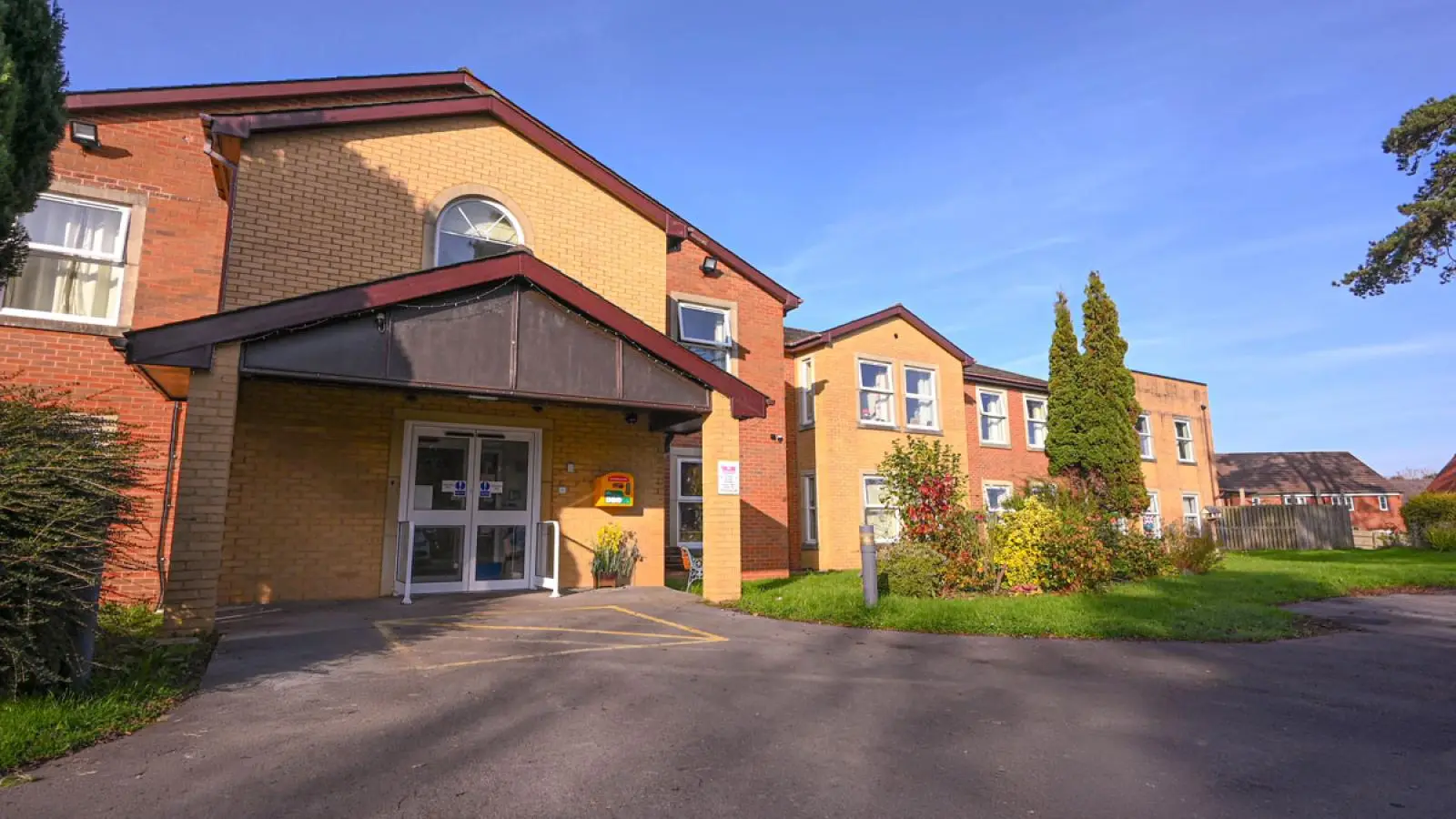The Deprivation of Liberty Safeguards (DoLS) are a crucial amendment to the Mental Capacity Act 2005, applicable in England and Wales. These safeguards ensure that individuals who cannot consent to their care arrangements in care homes or hospitals are protected if those arrangements deprive them of their liberty.
This article provides an in-depth look at DoLS, including its key components, application process, and the proposed Liberty Protection Safeguards (LPS).
Key Messages
DoLS apply only in England and Wales as an amendment to the Mental Capacity Act 2005.
- The Mental Capacity Act allows some restraint and restrictions, but only if they are in a person's best interests and are necessary and proportionate.
- Additional safeguards (DoLS) are required if the restrictions will deprive a person of their liberty in a care home or hospital.
- For settings other than care homes or hospitals, the Court of Protection can authorise a deprivation of liberty.
- Care homes or hospitals must request a 'standard authorisation' from the local authority to deprive a person of their liberty.
- Six assessments must occur before a standard authorisation can be granted.
- Key safeguards include appointing a representative and the right to challenge authorisations in the Court of Protection.
What Constitutes a Deprivation of Liberty?
The 'acid test' for determining deprivation of liberty, established by a 2014 Supreme Court judgement, consists of two questions:
- Is the person subject to continuous supervision and control?
- Is the person free to leave permanently?
If both conditions are met, it's likely the person is being deprived of their liberty. Additional factors to consider include:
- Frequent use of sedation/medication to control behaviour
- Regular physical restraint
- Objections from the person or their family/friends
- Confinement to a particular area of the establishment
- Potentially unstable placement
- Possible legal challenges to the restrictions
Restraint and Restrictions
The Mental Capacity Act allows for some restrictions and restraint in a person's support, but only if:
- They are in the best interests of a person who lacks capacity to make the decision themselves
- They are necessary and proportionate to the situation
Care providers should carefully consider whether any proposed restrictions or restraint in a person's care plan amount to a deprivation of liberty.
Authorisation Process
Standard Authorisation
- The care home or hospital (managing authority) must request authorisation from the local authority (supervisory body) up to 28 days in advance.
- The supervisory body has 21 days to decide whether the person can be deprived of their liberty.
- Assessors are appointed to evaluate if the conditions for deprivation of liberty are met.
- If all conditions are met, the supervisory body must authorise the deprivation of liberty for up to one year.
Urgent Authorisation
In emergencies:
- Managing authorities can deprive a person of liberty for up to seven days using an urgent authorisation.
- This can be extended for another seven days with supervisory body approval.
- The managing authority must also request a standard authorisation when using an urgent authorisation.
Safeguards for Individuals
Several safeguards are in place to protect individuals who may be deprived of their liberty:
- Independent assessment process
- Consultation with family, friends, and carers
- Appointment of a relevant person's representative
- Right to review of the authorisation
- Right to challenge the deprivation of liberty in the Court of Protection
- Access to Independent Mental Capacity Advocates (IMCAs)
When DoLS Cannot Be Used
DoLS are not applicable in certain situations:
- For individuals in supported living or their own homes (Court of Protection application required)
- When a person meets criteria for detention under the Mental Health Act
- To restrict contact with potentially harmful individuals
- Solely to protect other people
- To resolve disputes about residence
Liberty Protection Safeguards (LPS)
In July 2018, the government published a Mental Capacity (Amendment) Bill proposing to replace DoLS with Liberty Protection Safeguards (LPS). This passed into law in May 2019. LPS aims to streamline the process for authorising deprivations of liberty. Until LPS is fully implemented, the current DoLS process remains in effect.
Understanding and correctly implementing DoLS is essential for ensuring the rights and well-being of vulnerable individuals in care settings. As regulations evolve, it's important for care providers to stay informed about changes like the proposed LPS.
At Ashberry Healthcare, we are committed to providing compassionate care while respecting the rights and dignity of our residents. Our care homes prioritise the proper implementation of DoLS and stay up-to-date with the latest regulations.
If you're seeking a care home that values both quality care and legal compliance, we invite you to learn more about our services and approach to resident well-being. Contact Ashberry Healthcare today to discuss how we can support your loved one while ensuring their rights are protected.


.svg)








.png)






